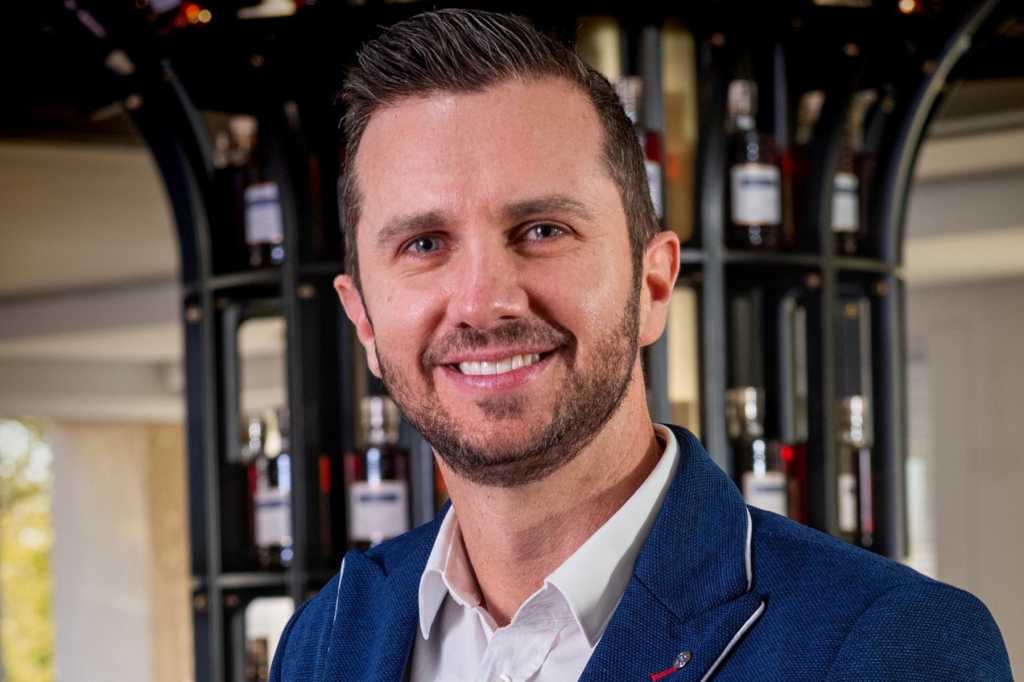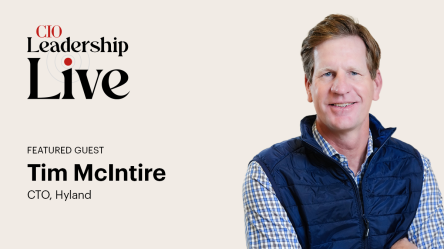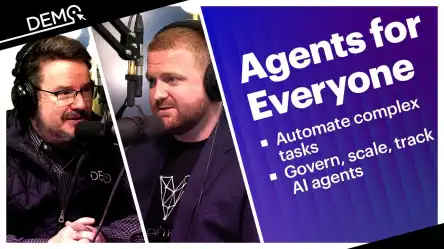While having such a diverse portfolio of over 200 brands allows the French wine and spirits company to serve numerous global markets and cater to a wide range of consumer preferences, it also complicates getting the word out.

Brendan Coogan, chief transformation officer, Africa and Middle East, Pernod Ricard
Given its extensive product range, Pernod Ricard’s marketing operations are incredibly complex. Teams must juggle diverse audiences, products, and priorities while ensuring each campaign feels both distinctive and consistent with the brand. This challenge is amplified by the need to connect with customers across multiple platforms and touchpoints.
“Deciding how to place and present the right brand at the right time to the right consumers is one of our biggest challenges,” says Brendan Coogan, the company’s chief transformation officer in Africa and the Middle East. “We didn’t have anything that spoke to our entire portfolio, so we wanted to broaden and better align our marketing efforts, and be more strategic about what brands people want to consume, and when.”
Coogan calls these “consumption occasions” and says identifying where and how Pernod Ricard brands can show up to elevate an event or moment is key. “It doesn’t start with the drink,” he says. “It starts with the occasion. We needed to understand where, when, and why consumers use our products and the feelings, motivations, and opinions that drive their decisions.”
From insight to action
The solution turned out to be Pernod Ricard’s AI-powered brand-matching tool, Maestria 2.0. The original Maestria platform was driven by workshop culture, where people came together to share ideas and opinions about where they thought a particular brand should be placed. Maestria 2.0, is more data-driven, and leverages predictive AI to forecast future outcomes, behaviors, and trends, and was developed through a combined effort between Coogan’s transformation team and the brand’s consumer insights, marketing, and sales teams. They also worked closely with Kantar, an international market research company based in London, which was responsible for collecting primary data and running customer surveys.
In the past, marketing teams would make decisions based on how customers consumed alcohol in the past, but with the predictive capabilities of Maestria 2.0, Pernod Ricard can now uncover new pockets of future, untapped growth. “We can link brand experiences to consumer emotions more precisely than ever before,” says Coogan. “This tool provides a clearer path for our strategy and empowers us to make smarter portfolio decisions, aligning our campaigns more effectively with the data. It essentially brings together granular, multi-year data and AI models to tell us where we should play, who we should play with, and how to win.”
Data from Africa and South Africa in particular show a continued increase in alcohol consumption, with customers increasingly looking to buy more premium products. Maestria 2.0 enables Pernod Ricard to better understand customer tastes and then highlight the premium products that align with their preferences.
Building a suite of AI capabilities
While Maestria 2.0 is at the heart of the new marketing strategy, there are other key digital programs in place. To complement the tool, for instance, the business has developed Matrix AI, a marketing effectiveness AI engine. When every marketing dollar counts, Matrix helps Pernod Ricard reallocate budgets, avoid media saturation, and tailor campaigns with measurable returns. This puts science behind decision-making where the business should and shouldn’t invest in order to deliver maximum impact. “What used to take weeks of analysis can now be decided in near real-time,” says Coogan. “Not only is this efficient, it’s also very empowering for our brand and marketing teams.”
Then there’s D-Star, the brand’s frontline AI platform, which aims to elevate sales execution by offering real-time, tailored recommendations for each sales representative on what SKUs to push, which stores to prioritize, and how often to visit. “For our sales teams, this has meant higher conversion rates, improved coverage, and stronger relationships with retail partners,” he says. Going forward, Pernod Ricard is also piloting Genie, a gen AI tool capable of developing marketing content, and promising faster campaign creation and higher returns on marketing spend.
While these tools are the stars, behind them is a considerable amount of clean and consistent data. “Getting the data side of things right is absolutely crucial,” says Coogan. “All hell will break loose if these tools aren’t fed the right information. It may be the boring part of this story, but it’s the key to success.”
Embracing the change
Introducing technologies like these also requires a change in thinking. “Someone might think their brand speaks to a certain type of customer, or their brand should only be sold at luxury outlets, but if the data tells us otherwise, we have to trust it,” he says. “We need to ensure people understand it’s not about where a brand was historically positioned or where it is today. It’s about using facts to drive incremental growth and tap into new opportunities tomorrow. This can be quite an emotional conversation because we’re sometimes challenging the status quo.”
Coogan also emphasizes the importance of co-creation and addressing concerns about AI replacing jobs. “If you bring people along with you on the journey, you can ease their nerves,” he says. “AI is an enabler and a partner in decision-making, not a replacement.”








